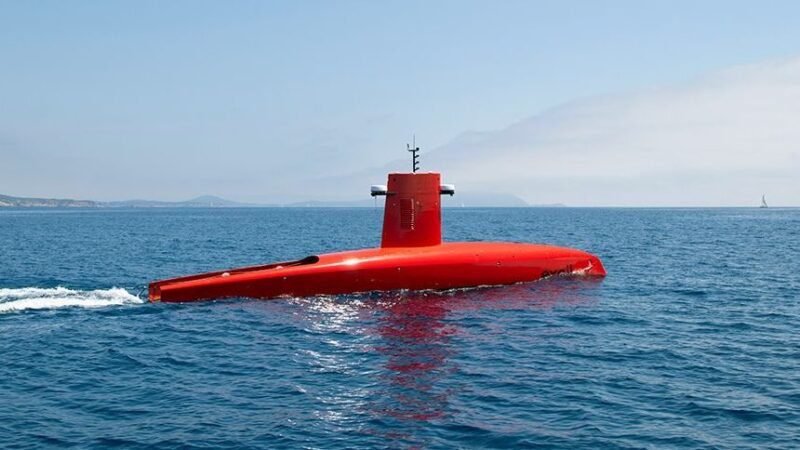A new unmanned surface vehicle (USV) developed by French maritime robotics company Exail has successfully completed its initial sea trials. This USV is designed for long-duration operations lasting up to 30 days and boasts an impressive autonomy of 3,500 nautical miles. It can deploy multiple payloads and subsea assets, making it a versatile and valuable asset for various maritime applications.
The USV is built to withstand severe ocean conditions and features a hybrid propulsion system. Additionally, provisions are in place for the installation of AI-enabled obstacle detection and avoidance systems. Its large size allows for the integration of various payloads, including multi-beam echosounders, sub-bottom profilers, and acoustic subsea positioning and communication systems. The craft also features a launch and recovery system for deploying remotely operated towed vehicles (ROTVs), inspection-class remotely operated vehicles (ROVs), and autonomous underwater vehicles (AUVs).
Exail has highlighted that this new transoceanic USV is particularly well-suited for full ocean depth scientific and hydrographic surveys, geophysical and UXO surveys, and subsea infrastructure inspections that may require the deployment of multiple robots. With its advanced capabilities and robust design, this USV represents a significant advancement in unmanned maritime technology.







